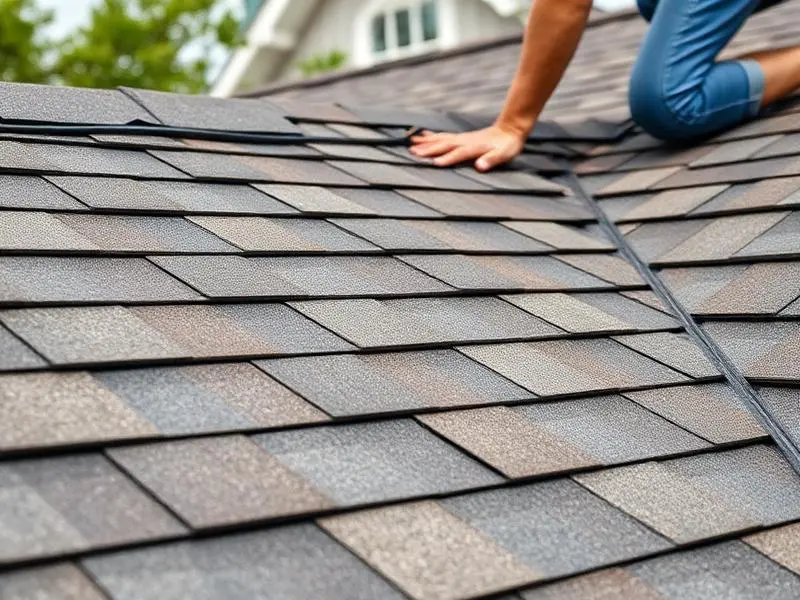Quality Materials
We use products designed to seal, waterproof, and weatherproof your structure effectively.
Timely Service
Efficient project completion with minimal disruption to your daily routine.
Professional Work
Experienced contractors dedicated to quality installation and customer satisfaction.
Our Roofing Services
Specialized in new installations and complete roof replacements for residential properties

New Roof Installation
Complete installation of quality roofing systems designed to protect your home for years to come.

Roof Replacement
Full roof replacement services using durable materials that seal and weatherproof your structure.

Professional Consultation
Expert guidance on selecting the right roofing solution for your property and budget.
Frequently Asked Questions
Find answers to common questions about our roofing services
Full-service residential and commercial roofing including new roof installation, full replacement, shingle and metal repairs, tile and flat-roof systems (TPO/EPDM), leak repair, storm restoration, routine maintenance, ventilation and gutter replacement.
Yes — we offer complimentary on-site roof inspections and written, no-obligation estimates, typically scheduling visits within a few days for St. Petersburg and nearby communities.
Look for missing or curled shingles, granule loss, leaks or interior water stains, sagging decking, damaged flashing, or frequent repairs; an inspection will confirm whether repair or replacement is the best option.
Yes, we document damage, provide detailed estimates and photos for insurers, and can coordinate with your adjuster to support the claims process, though we do not provide legal advice.
We install asphalt architectural and 3-tab shingles, standing-seam and screw-down metal, concrete and clay tile, TPO/EPDM and modified bitumen for flat roofs, plus impact-resistant and specialty roofing systems as needed.
Lifespans vary by material: asphalt shingles typically 15–30 years, metal 30–50+ years, tile 50+ years, and flat roofing 10–25 years; proper installation and regular maintenance extend service life.
Yes, manufacturer warranties cover materials and we provide a workmanship warranty on installations; exact terms and durations are provided in the written proposal for each job.
We offer emergency tarping and temporary leak mitigation, often available same day or within 24 hours depending on schedule and weather, followed by a full repair or replacement estimate.
Major roof replacements and some substantial repairs typically require local building permits and inspections; we can manage permit applications and ensure work complies with St. Petersburg and Pinellas County codes.
Financing options and payment plans are often available through third-party lenders with varying terms; we can review eligibility and program details when preparing your estimate.